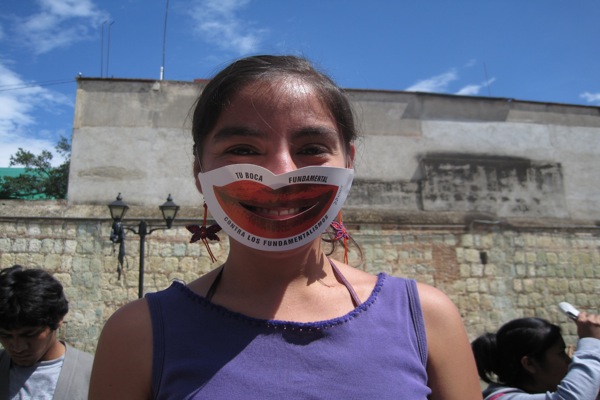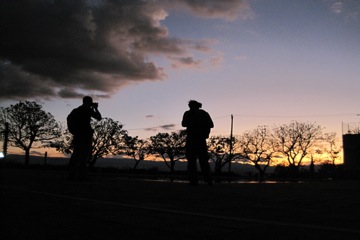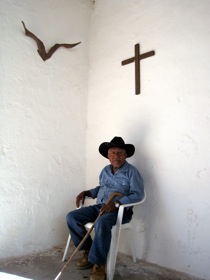
Photos: author
The Toronto Star recently published a list of ten ethical travel destinations for 2010 (although the headline, in a little mathematical/editorial confusion, advertises seven). The ten countries have supposedly been selected on the basis of “everything from promoting natural environments to building tourism industries that benefit locals.” There seems to be a somewhat imbalanced emphasis on countries who have made conservation a priority and who boast exceptional natural environments, but the list seems fair enough.

